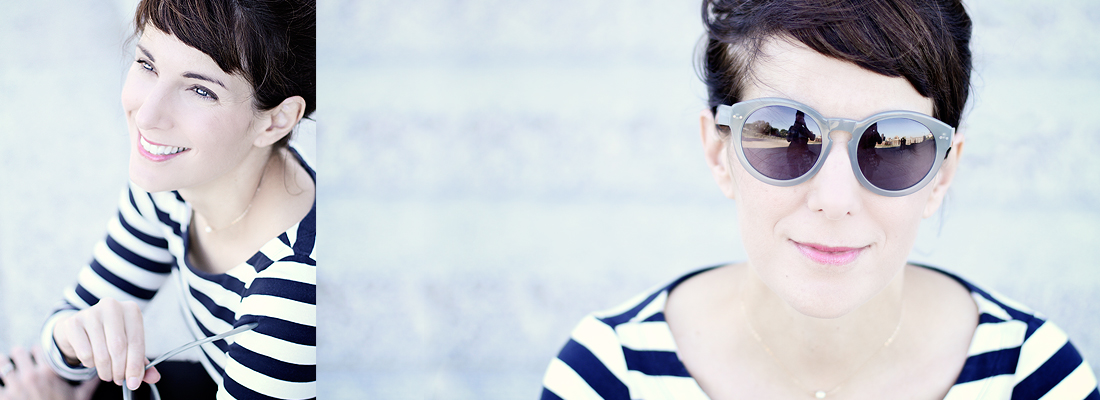Eudaimonia is actually a noun that I (Carol here) just learned. It’s the contended state of being happy, healthy and prosperous.
A word so odd it must have come from Aristotle. Indeed. And is key in the study of ethics. Ew – ethics. That requires thinking.
I, of course, like to pretend I like to think … and do actually think this new (to me) concept might provide another piece of the happy couple puzzle.
As I paged innocently through my alumni magazine a few nights ago, admittedly irritated by the unyielding stack of unread mail from our recent journeys, the article “In search of happiness” grabbed my attention. Bills and even hand-written thank you cards could wait, thank you. There’s a professor of philosophy (Dr. Leanne Kent) teaching a class (at St. Norbert College, DePere, WI) and doing research on Eudaimonia. Interesting. On how-do-you-pronounce-that?
Yes, I still – even after a few days research on the concept – prefer to pronounce the word like the basic, green, bean-looking vegetable.

Can eudaimonia help us understand (embrace?) the reality that happiness is “far from a simple pursuit?” That’s what eudaimonists say. And you can’t – they say – be happy one moment and unhappy the next. Incoherent, they say!
Ugh – darn it. It seemed more attainable before we started thinking too much about it, no?
If happiness as individuals is such hard work, does that mean it’s twice as hard as a couple? The article didn’t address that. But here’s what I learned from my very rudimentary introduction what it might mean for us non-greek/non-ancient/average-thinking couples (and while you decide if that’s you, let me take a moment and point you to the full article: St. Norbert Magazine, turn to page 16 and find the leafy-green page with the big white letters. Author, Lisa Strandberg). Four things:
1. Happiness is not a subjective state of mind.
Huh?
2. Happiness is the end goal toward which all our actions are aiming.
But …!
3. Happiness isn’t a mental state; it’s a state of life.
Tell me more (but not too much …)
4. Happiness means – okay it gets a little philosophical here – living a virtuous life. It means acting “right.” It means being ethical. But what is the ethical, virtuous thing to do in relationships?
No answers, but some clues come from research on long-term, happy marriage: Basic kindness maybe?
And oh my, that’s hard sometimes. Even with people we love and like.
But it’s worth role-playing and forcing (the old fake it until you can make it technique): “Honey – could you, oh beautiful husband of mine, grab me a glass of water while I finish this blog? Thank you, thank you so much dear. You’re such a doll, even after 20 years of marriage. You fill me up.”
Barf. But how can someone be rude or unkind in response to such kindness, right? Exactly.
What do you think it means to be virtuous and act “rightly” toward your partner? Do share, eh? Feel free to re-read some previous blogs. Stealing ideas is absolutely ethical and okay when the author says you can. Sweet!
I await your thoughts. Come on. If you’ve read this far you’re almost obligated to (kindly) share.
